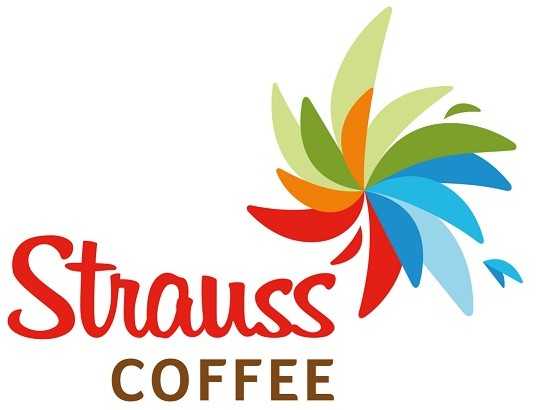PETAH TIKVA, Israel – Strauss Group published its financial statements for the second quarter of 2023, summing up the first half-year with 10.1% organic growth1 and NIS 5,179 million (US$1.38 billion) in revenues, largely thanks to continuing growth in the company’s business in Israel, China, the United States and Brazil. Revenues in the second quarter were NIS 2,625 million (US$699.3 million), reflecting 12.4% organic growth.
Gross profit in the half-year was NIS 1,676 million (US$446.5 million), 32.4% of sales, and operating profit was NIS 379 million (US$101 million), 7.3% of sales, reflecting a persistent downward trend in profit margins due to ongoing input inflation and rising raw material prices. Net income2 attributable to shareholders in the six-month period was NIS 219 million (US$58,3 million). In the second quarter, the Group’s gross profit was NIS 839 million (US$223.5 million), 31.9% of sales, and operating profit was NIS 171 million (US$45.5 million), 6.5% of sales.
Shai Babad, Strauss Group CEO: “Strauss delivered a half-year of sustained growth across all businesses in all regions, as margins continue to erode as a result of elevated raw material prices and inflation. We continue to pursue the implementation of our strategic plans, the launch of new products and consumer-centric innovation, while implementing internal productivity improvement processes to increase our margins, and optimizing our portfolio.”
Strauss Israel delivered revenues of NIS 2,020 million (US$538.1 million) in the first half, reflecting 15.6% growth compared to the corresponding period last year. Strauss Israel’s operating profit was NIS 186 million (US$49.5 million).
The company’s market share3 in Israel grew to 11.9% compared to 11.5% last year, but it has still not regained pre-recall levels (12.3%).
Health & Wellness sales were NIS 1,497 million, up 11.7%, and operating profit was NIS 162 million.
The Fun & Indulgence segment’s revenues in the half-year were NIS 523 million, reflecting an increase of 28.6%, and operating profit was NIS 24 million. The confectionery business continued to recover with a market share of 23.6%4 in the second quarter and 24.4% in July, compared to 28%-29% before the 2022 recall.
Strauss Coffee delivered another half-year of growth with revenues of NIS 2,506 million (US$667.6 million), reflecting 12.6% growth over the corresponding period.
The coffee company’s operating profit was NIS 190 million (US$50.6 million), down 18.6% compared to the same period last year. In Israel, coffee revenues were NIS 407 million (US$108.4 million) , up 3% compared to the first half of 2022, and operating profit was NIS 53 million (US$14.1 million), reflecting a decline of 22.4% compared to last year.
In Brazil, the coffee company Três Corações delivered revenue growth with sales of NIS 1,404 million, (for 50% ownership), or US$374 million up 11.1%. Operating profit was NIS 96 million (US$25.6 million), down 45% compared to the corresponding half-year in 2022, due to the moderation of coffee selling prices in Brazil. Três Corações’s average value market share in roast & ground (R&G) coffee in the first half of 2023 was 33.8%, compared to 32.7% last year.
Revenues in the coffee business in Russia and Ukraine were NIS 336 million (US$89.5 million), up 18.5%; Poland – NIS 169 million, up 25.2%; Romania – NIS 111 million, up 29.2%; and Serbia – NIS 79 million, up 25.4%.
[1] Organic, excluding foreign currency effects
[2] The data in this document are based on the company’s non-GAAP figures, which include the proportionate consolidation of jointly controlled entities and do not include share-based payment, mark-to-market at end-of-period of open positions in the Group in respect of financial derivatives used to hedge commodity prices and all adjustments necessary to delay recognition of gains and losses arising from commodity derivatives until the date when the inventory is sold to outside parties, other net income and expenses, and the tax effect of excluding those items, unless stated otherwise.
[3] Storenext reports measuring consumption in the barcoded FMCG market
[4] According to the StoreNext report published on July 3, 2023. StoreNext measures consumption in the barcoded FMCG market.


















